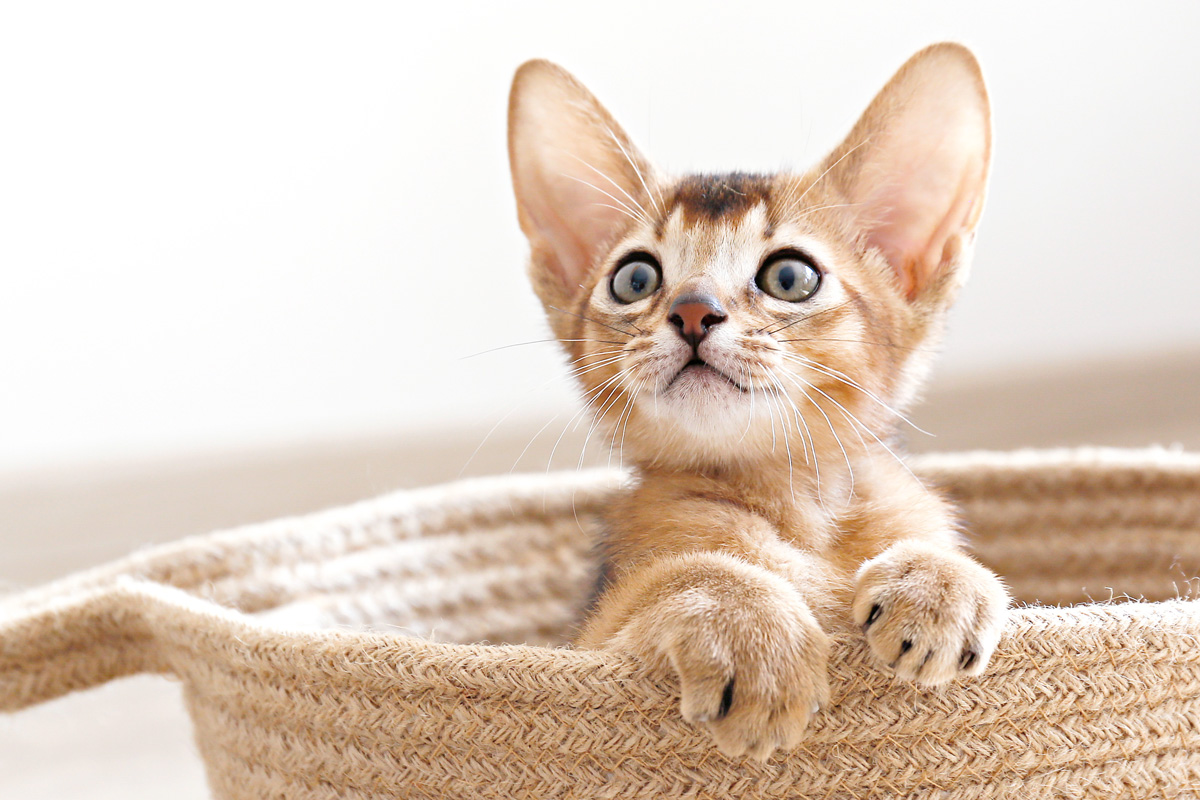
Ever wondered why kittens are such irresistible bundles of fur? Kittens have a way of making even the toughest hearts melt. But what's behind those big, soulful eyes and playful antics? From their mysterious purring powers to their knack for survival, these tiny felines are full of surprises. Whether you're a seasoned cat owner or just a fan of cute animal videos, there's always something new to learn about these adorable creatures. So, why do kittens captivate us so? Their unique blend of innocence, agility, and the sheer joy they bring into our lives makes them more than just pets—they're tiny companions on a big adventure. Let's dive into the world of kittens and uncover some fascinating facts that make them the purr-fect friends.
Key Takeaways:
- Kittens undergo rapid development from birth, opening their eyes and developing hearing within weeks. Socialization, proper nutrition, and regular check-ups are crucial for their healthy growth and happiness.
- Adopting a kitten is a rewarding experience, but it requires space, time, and commitment. Understanding their unique personality and capturing adorable moments can create lasting memories.
Understanding Kitten Development
Kittens undergo rapid development from birth to adulthood. This period is crucial for their physical and behavioral growth. Initially, kittens are born blind and deaf, relying entirely on their mother for warmth and nutrition.
-
Eyes open around 7 to 14 days after birth, revealing their first glimpse of the world. Initially, their eyes are a blue-gray color, which may change as they grow older.
-
Hearing develops shortly after their eyes open, enhancing their ability to interact with their surroundings.
The Importance of Socialization
Socialization is the process where kittens learn to interact with other cats, animals, and humans. This period is vital for their emotional health and behavior in the future.
-
Kittens start to socialize at about 2 to 7 weeks of age. During this time, positive interactions with humans and other animals are crucial for their development.
-
Playtime is not just fun; it's essential for learning social cues and physical coordination.
Nutritional Needs of Kittens
Kittens have unique nutritional requirements that differ significantly from adult cats. They need more protein, fat, and certain vitamins and minerals to support their rapid growth.
-
A kitten's diet should consist of about 30% high-quality protein. This supports healthy muscle and tissue growth.
-
Weaning usually begins around 4 to 6 weeks of age. This is when kittens transition from mother's milk to solid food.
Fascinating Kitten Behaviors
Kittens exhibit various behaviors as they explore their environment and learn new skills. These behaviors are not only adorable but also crucial for their development.
-
Kneading is a common behavior seen in kittens, which they carry into adulthood. This action is thought to stem from the motions kittens make to stimulate milk flow from their mother.
-
Pouncing is a playful behavior that helps kittens practice their hunting skills, crucial for their survival in the wild.
Health and Vaccination
Maintaining a kitten's health through vaccinations and regular check-ups is essential for a long, happy life.
-
Kittens receive their first vaccinations between 6 to 8 weeks of age, protecting them from common feline diseases.
-
Spaying or neutering is recommended around 5 to 6 months of age to prevent unwanted litters and reduce the risk of certain health issues.
The Bond Between Kittens and Humans
The bond that forms between kittens and their human companions is both profound and beneficial for both parties.
-
Kittens can recognize their human's voice and scent, helping them feel secure and loved.
-
Regular interaction with humans can help reduce stress levels in kittens, making them more sociable and affectionate pets.
Kitten Adoption: What to Consider
Adopting a kitten is a rewarding experience, but it comes with responsibilities. Prospective pet owners should consider several factors before bringing a kitten home.
-
Space is an important consideration. Kittens need a safe, secure environment to explore and play.
-
Time and commitment are required to ensure kittens develop into well-adjusted, healthy adult cats.
The Magic of Kittenhood
Kittenhood is a magical time filled with growth, discovery, and lots of play. Observing and participating in this stage of a cat's life can be incredibly rewarding.
-
Every kitten has a unique personality. Spending time with them helps you understand their preferences and quirks.
-
Photographing kittens can capture their adorable moments and development, creating lasting memories.
Common Myths About Kittens
Several myths about kittens can lead to misunderstandings about their care and behavior.
-
Milk is not a suitable drink for kittens. Contrary to popular belief, many cats are lactose intolerant, and milk can cause digestive issues.
-
Kittens do not always land on their feet. While they have a remarkable ability to right themselves during a fall, they can still get injured.
The Future of Your Kitten
As kittens grow, they continue to need love, care, and attention to ensure they remain healthy and happy throughout their lives.
A Final Purr on Kitten Facts
We've journeyed through a world where tiny paws and curious eyes reign supreme. Kittens, with their boundless energy and adorable antics, offer more than just cuddles. They're a fascinating blend of biology, behavior, and companionship. From their super-powered senses to their knack for communication, every fact about these furry friends is a testament to nature's wonder. Understanding them better can deepen the bond between you and your whiskered companion, making every day a bit more joyful. So, next time you watch a kitten chase its tail or curl up in a sunbeam, remember, there's a whole lot of magic in that little bundle of fur. Here's to countless more discoveries and delightful moments with our feline friends!
Frequently Asked Questions
Was this page helpful?
Our commitment to delivering trustworthy and engaging content is at the heart of what we do. Each fact on our site is contributed by real users like you, bringing a wealth of diverse insights and information. To ensure the highest standards of accuracy and reliability, our dedicated editors meticulously review each submission. This process guarantees that the facts we share are not only fascinating but also credible. Trust in our commitment to quality and authenticity as you explore and learn with us.


